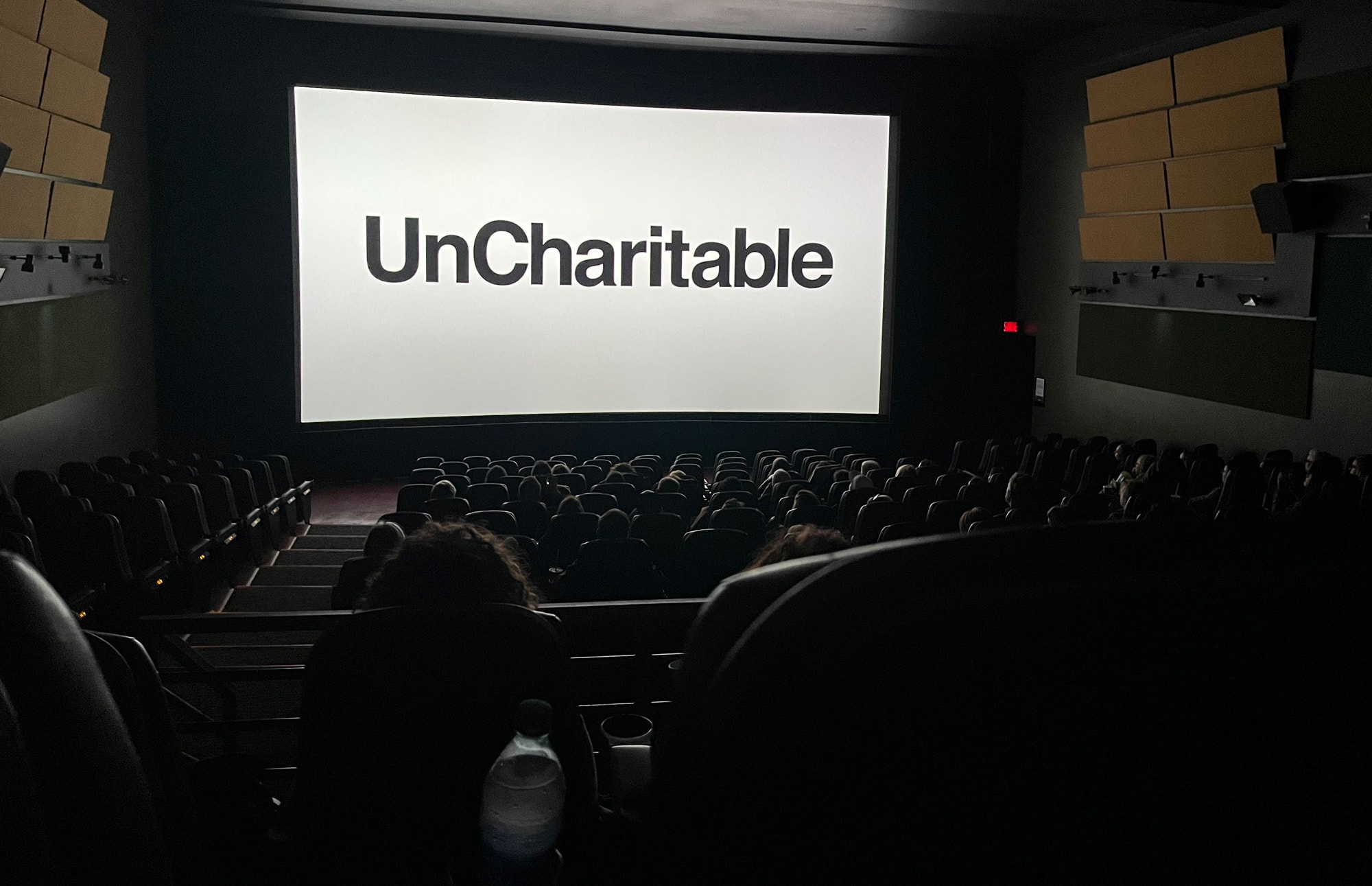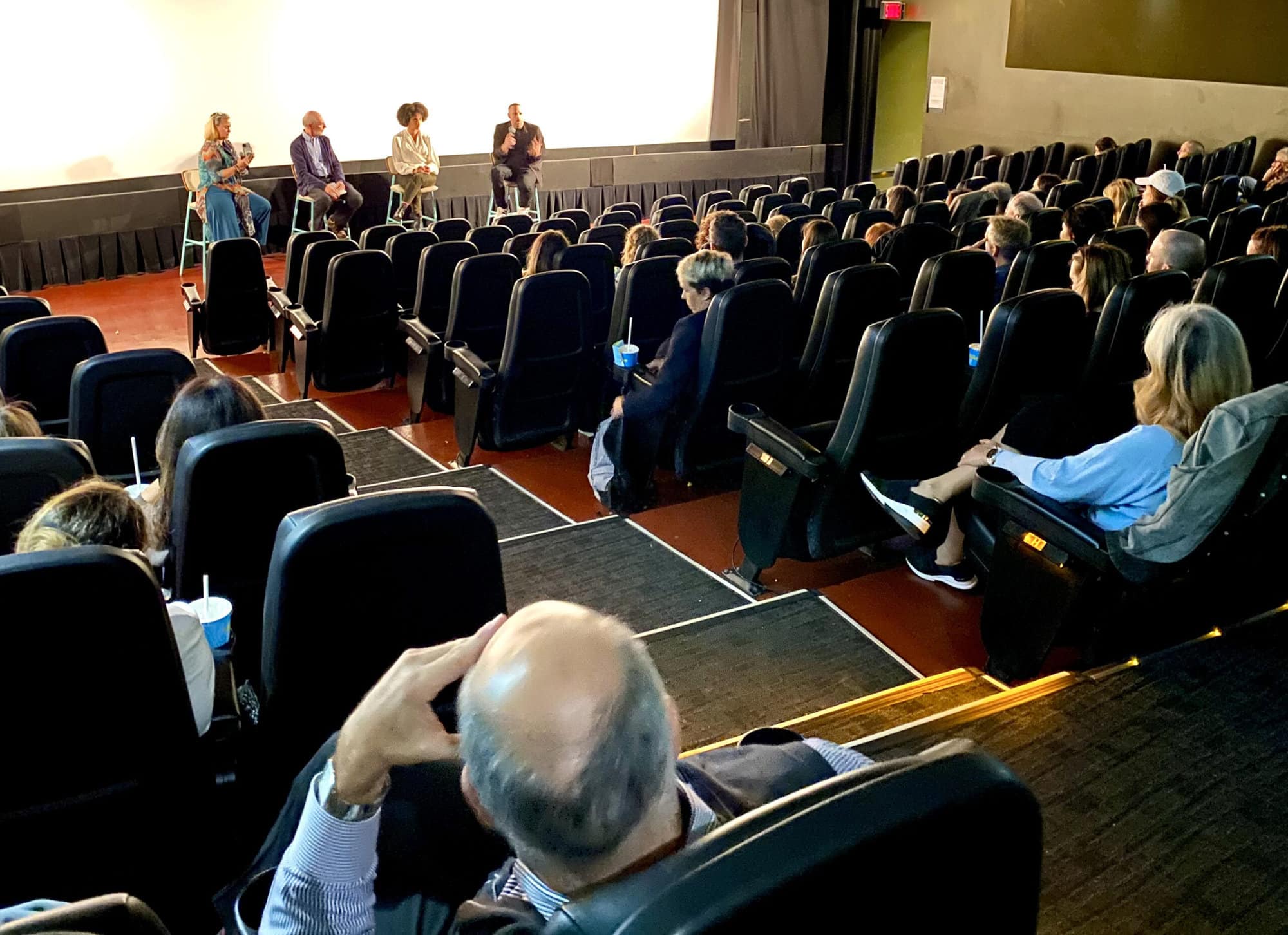
Kim Fuller, Founder and CEO, PHIL
When I recently watched humanitarian activist Dan Pallotta’s movie UnCharitable, I almost jumped out of my seat and started cheering. He captured exactly what I have been thinking about for the last 25 years: the for-profit sector can pay people, advertise, invest, and take risks; but when it comes to helping people, not-for-profits have to play by a different set of rules.
In UnCharitable, Dan shares stories about his groundbreaking AIDS bike rides and breast cancer walks. His most successful year, 2002, saw his team net $77 million for breast cancer alone. But the media was critical of not-for-profit expenses for fundraising purposes; they claimed that using the services of an event planning agency resulted in too much overhead. They had no understanding of the investment needed to recruit talent, build donor relationships, and the overall powerful experience of bringing people together to fight the good fight. As a result of the media’s criticism, corporate sponsors no longer wanted to be part of the very successful fundraising events that Dan’s company coordinated for major causes. Overnight, more than 350 of the company’s employees lost their jobs. On top of that, the patients who depended on those medical services and research were no longer getting life-saving support.
All organizations need to pay for leadership positions, support staff, furniture, utilities, computers, legal counsel, insurance, rent, advertising, postage, data analysis, and more to have an impact. Why are not-for-profits seen differently?
Not-for-profits are not just Good Samaritans.
- In Canada, there are 170,000 not-for-profits (and over 8,000 grant making organizations) and they account for 8.3% of the country’s GDP and contribute $192 billion in economic activity annually.
- They employ 2.4 million people or 1 in 10 Canadian workers; more than the mining, oil and gas, agriculture, transportation, and retail sectors.
- And, 77% of that workforce are women (Imagine Canada).
The for-profits have more access to capital – and we all know it takes money to make money. To pay for talent. To advertise. To invest in the business.
UnCharitable also tells the story of Wounded Warriors, a nonprofit serving U.S. veterans, as an example of the toxic mindset around overhead funding.
- In 2006, their new CEO decided that in order to raise more money, Wounded Warriors needed to invest in their team first, so they invested $1.5 million into fundraising and raised $10 million in revenue, of which $5.6 million went to programs for veterans.
- In 2015, they invested $74 million into fundraising, generated $400 million in revenue and directed $262 million directly to veterans. But the media – along with some former employees – said there was too much overhead. The CEO and COO were both fired.
- According to a spokesperson in UnCharitable, almost 30,000 organizations made up the veteran niche of the sector, and not one of them came close to Wounded Warriors’ impact. As the film mentioned, Wounded Warriors was giving six times more to veterans than the next closest veteran-focused charity.

UnCharitable begs audiences to consider the question, “Why haven’t charities changed the world?” And, the answer is crystal clear. They aren’t asked to do that. They are told by funders to keep overhead and salaries low. So, they do.
“But what is better?,” the movie asks, an overhead of 3% for an organization that hasn’t ended hunger anywhere or an overhead of 36% for an organization that has ended hunger in 40 of the 50 states in America?
It’s great that not-for-profits are energized and inspired by Uncharitable, but it is our responsibility to share its message beyond our sector. This is a systemic problem, and we are all part of the collective that is holding us back. We need to measure what matters.
Why haven’t charities changed the world? Because we don’t let them. We say keep your overhead and salaries low but boost your programs’ impact, ignorant of the fact that one makes the other impossible.
During the COVID-19 pandemic, funders were providing nonprofits with unrestricted grants, because we were in a crisis. We’re still in a crisis. Now more than ever we need trust. Trust that we will do the right thing for the causes we know best how to fight for. Trust in the movements communities care about.
We have it in us to be better advocates for our sector. When you are asked what you do at a cocktail party this season, don’t just say you work for a not-for-profit. Say you work for a sector that is changing the world.
Together, we can unlock more funding. Make it easier to use where and when it counts. Train people to provide a great not-for-profit experience. We need the for-profits’ investment mindset. We can’t be risk averse in the face of our crises, we must put the money where it is needed most, and help funders understand that whole communities would be lost without us, without the people offering the services, without our ‘administrative’ costs.
The movie reminds us that we’ve changed the way we think about seatbelts and smoking and women voting and civil rights; and now it’s time for us to change the way we think about serving the underserved. As Buckminster Fuller said, “You never change things by fighting the existing reality. To change something, build a new model that makes the existing model obsolete.”
We need to bring people together. As Dan Palotta explained, NASA didn’t build anything, they coordinated builders. And, they got a man to the moon.
We can house the unhoused and feed the hungry. We can heal those with sickness and fight disease. We can support mental health, slow climate change, and decrease domestic violence. We can take medical research to the next level and provide quality education to children of all ages, from all backgrounds. Our work is valuable, inspiring, and life-changing.
As Dan says, “Don’t ask about the rate of the overhead. Ask about the scale of the dreams.”
We can make this dream a reality if we work together and show the world what not-for-profits can accomplish with trust and unrestricted support.



